Blog posts tagged with parent-infant dyads

22 Aug
human behavior research
Psychology
How do parenting practices relate to children’s nutrition risk?
Nutrition plays a vital role in children’s growth, development, and health. Researcher Walton and her team observed family mealtimes to gain a better understanding of children’s nutrition risk.
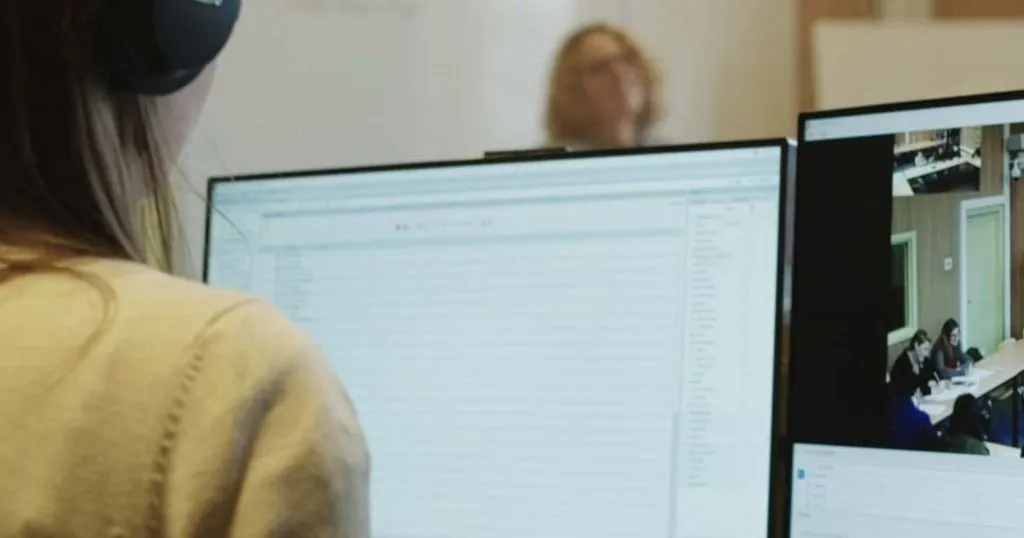
08 Feb
human behavior research
Psychology
Unobtrusive observations
Would you like to learn more about how to build an AudioVisual lab? Check out this ‘how to’ guide! Read tips & tricks to learn more!
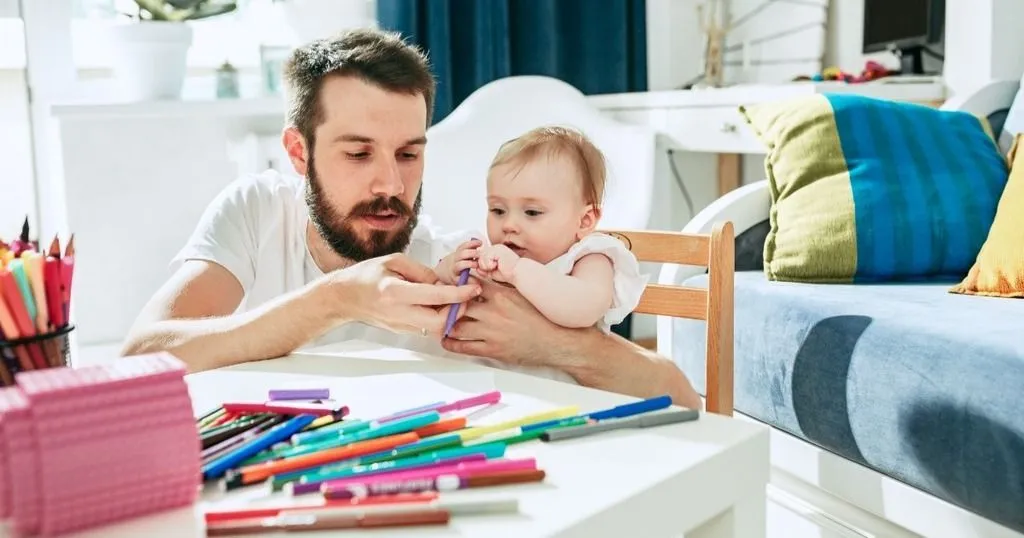
29 Nov
human behavior research
Psychology
Parent-child interaction – research in a lab and on-site
Early in life, children are not capable of filling out a complete questionnaire or talking to an interviewer.

13 Apr
human behavior research
Psychology
4 recent blog posts about understanding autism spectrum disorder
Our understanding of autism spectrum disorder (ASD) has developed a great deal over recent years, but there is still much work to be done.

27 Feb
human behavior research
Psychology
The role of parent-child interaction on child development
When children face cognitive and motor delays, they are often unable to reach developmental milestones at the expected times. Does this influence the interactive behaviors of parents and children?
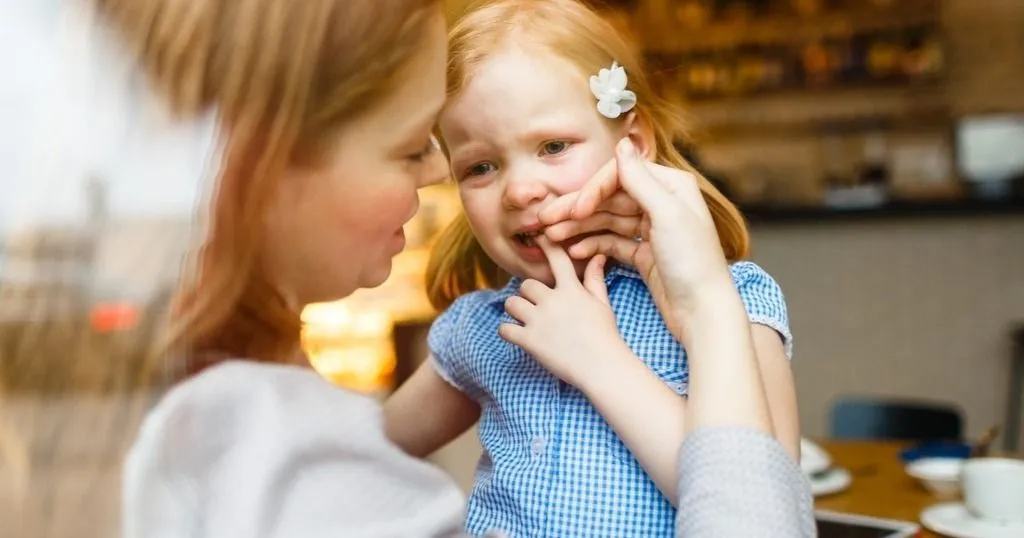
15 Aug
human behavior research
Emotion
Emotional responses to infant crying
Hearing an infant cry can cause negative emotions, which can impact the way we respond. Researchers Riem and Karreman instructed parents to apply specific emotion regulation strategies in response to infant crying.
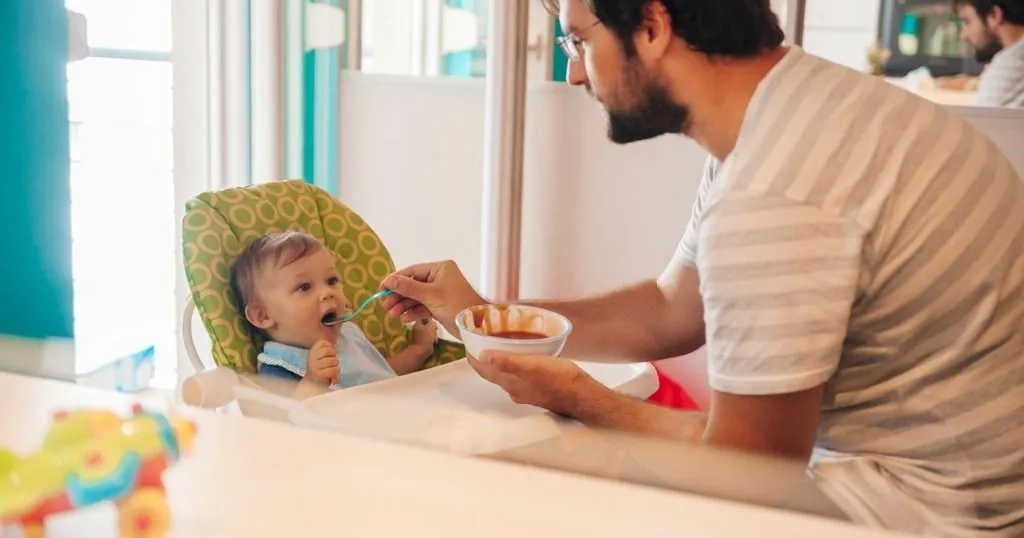
11 Apr
human behavior research
Psychology
What does an infant’s gaze tell us about how hungry they feel?
McNally and her colleagues developed a coding scheme to observe infant gaze behavior and applied it in a study of complementary feeding.

28 Feb
human behavior research
Psychology
PCIT: Parent-Child Interaction Therapy
What is Parent-Child Interaction Therapy? It helps improve family dynamics by working to reduce negative behavior and interactions, and to practice new behaviors and ways of communicating that are more encouraging.
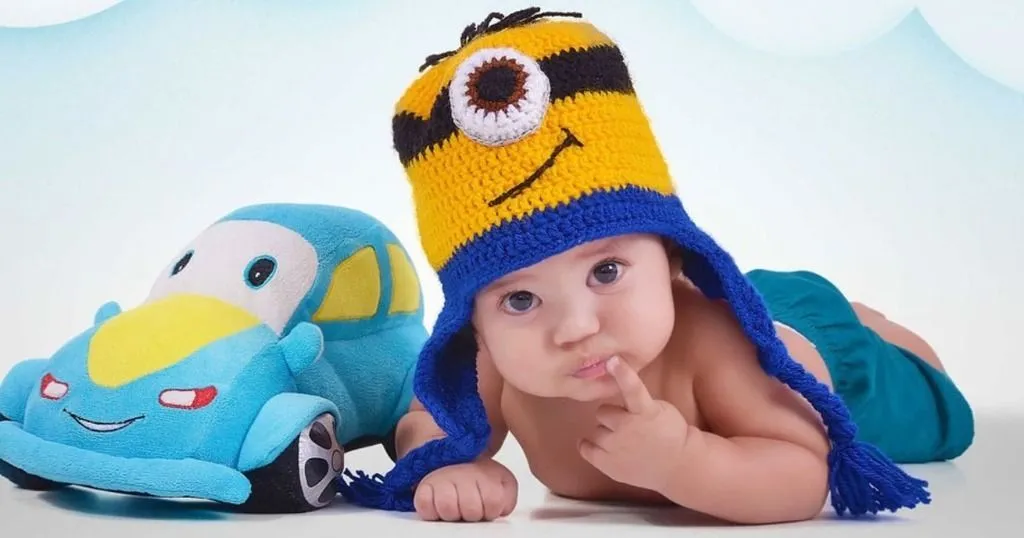
23 May
human behavior research
Psychology
Measuring parent-infant behavior from another point of view
Parent-child interaction is an important focus of child development research. Lee’s research team compared recordings of play behavior from both a traditional third-person point of view, and through the babies' eyes.
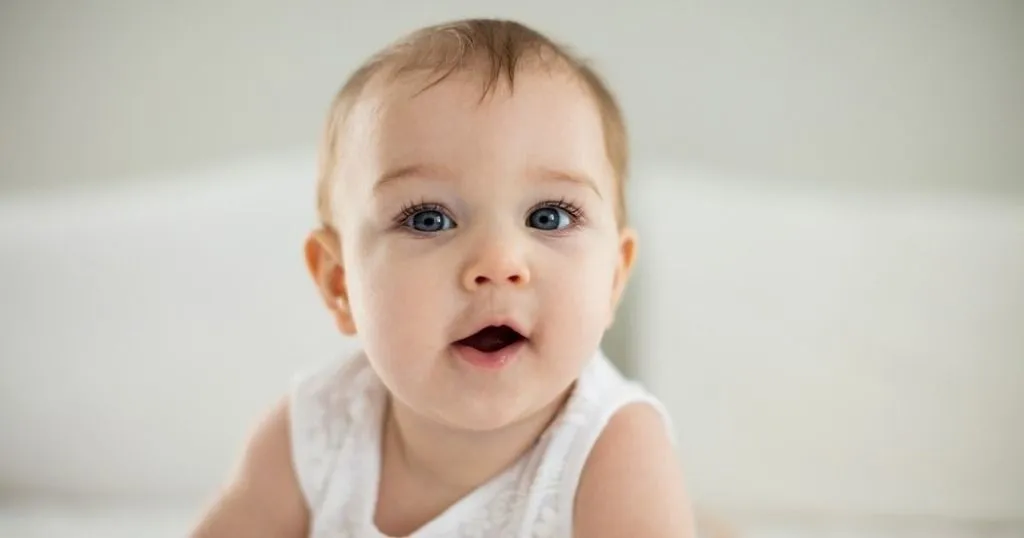
07 Jul
human behavior research
Psychology
Examples of infant behavior research experiments
In infancy you can observe an explosive growth. A lot of researchers focus on this age group and observe parent-infant dyads to get more insight in specific behaviors.